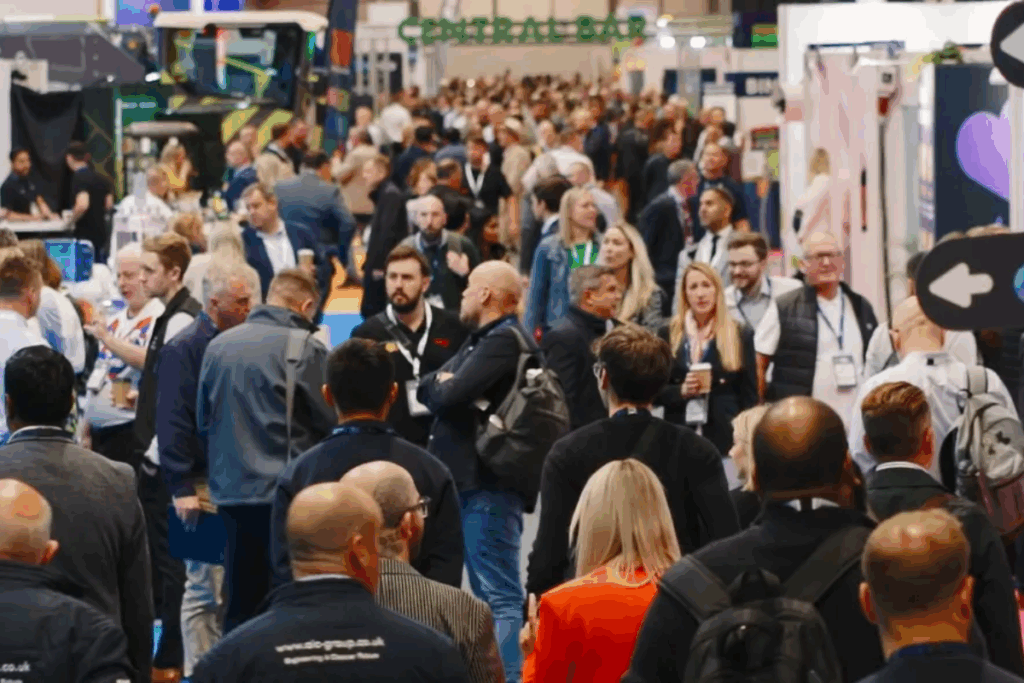
Tristram Stuart is an international award-winning author, speaker, campaigner and expert on the environmental and social impacts of food. He is also the founder of Toast Ale, a beer launched in the UK in 2016 that is made using fresh, surplus bread.
letsrecycle.com caught up with Tristram where he discussed what drove his interest in food waste, what policy developments he would like to see and the need to focus on waste reduction initiatives.
Click here to register for your free ticket to the RWM show, part of the Environmental Services & Solutions Expo.
Policy
The first topic of discussion was on policy to combat food waste, in particular the mandatory separation of food waste by businesses who produce more than 5kg of it per week.
Wales is set to roll out this policy next year, with Defra also favouring it for England and Northern Ireland in the next year or so. The Scottish government has already rolled this out.
Tristram said: “This legislation is going to be a massive hurdle for businesses to jump over and an even bigger hurdle for the government to enforce and monitor. You can argue the toss of whether this is really the best targeted piece of legislation. Should we be focusing more on food waste reduction, if that’s our objective? Or indeed, a shift in diets towards more sustainable diets – those are the really big wins.”
He added: “Collections are not the silver bullet that’s going to solve the food waste problem. Mandatory food waste separation is going to help solve one particular part which is the food waste going to landfill and could be a doorway for more companies to get into more system changing solutions that they can take all the way up the supply chain to avoid the waste in the first place but without those additional measures, we’re still basically at square one.”
Reporting
Tristram did however throw his support behind mandatory food waste reporting by businesses, which the government recently dropped (see letsrecycle.com story).
Tristram explained that the government should be looking from the top of the supply chain down and said the move not to mandate this was a disappointing.
“I’m sorry that the present government has not implemented what was on the table, which is mandatory food waste reporting for large businesses. I’ve always thought that would be a really good policy. For starters, some of the bigger companies like Tesco’s have been reporting transparently for years now and it really helps, both them to manage their waste but also to allow the public scrutiny that motivates other businesses to follow suit.”
He did however warn that there is now a good opportunity for retailers take the lead with this to “mark themselves out” from the crowd as the “proactive and responsible actor” which customers will respond to.

Cost benefit
In the context of the cost of living crisis, Tristram explained that food waste is actually unusual “within the environmental transformation that we need to do” in that, in most cases it involves saving money, resources and costs.
“I think that’s really key. A lot of other environmental initiatives do involve a certain cost, and this is exceptional,” he noted.
“There’s an immediate upfront cost to be saved or money to be made and environmental benefit. It’s not always going to be the case but very often it is and I think that can help initiatives to get across the line.”
Discussion
Tristram will be discussing all of this and more during his talk at RWM on day 2 at 13:30 in the keynote theatre, sponsored by Suez. You can see the full agenda across the ESS Expo, including key headliners from Defra, Financial Times, Blue Planet II and more here.








Subscribe for free